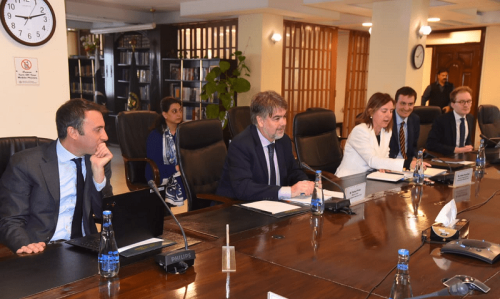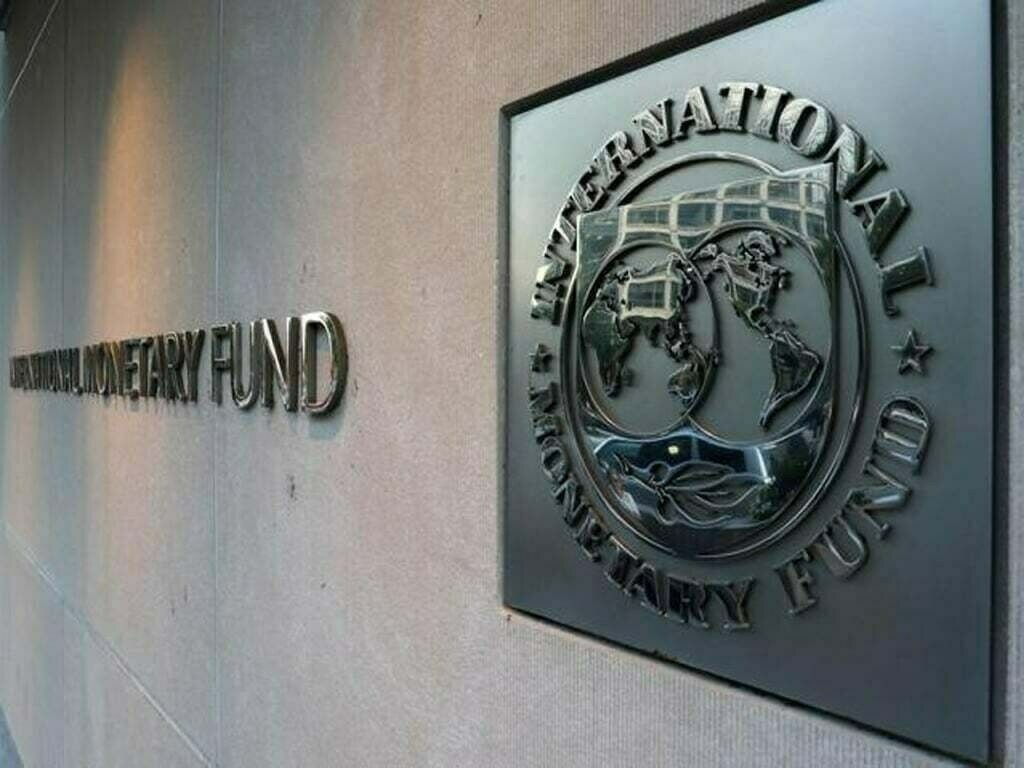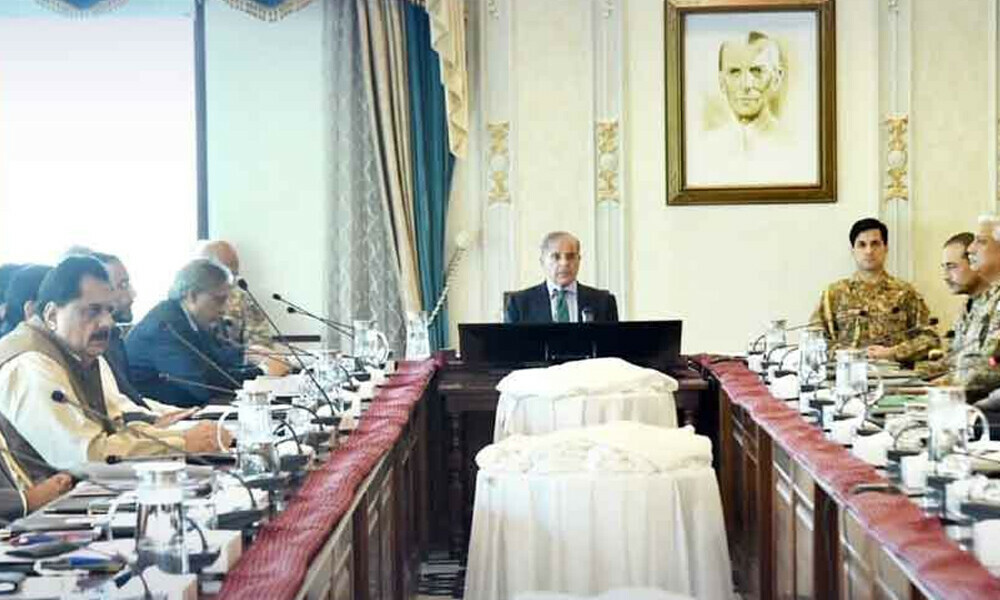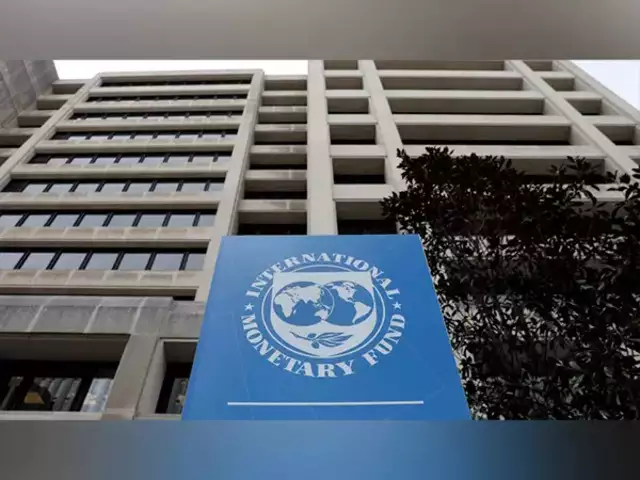Mohsin Siddiqui (Chief Reporter)
In Islamabad, the International Monetary Fund (IMF) mission, led by Finance Minister Dr Shamshad Akhtar and IMF’s mission chief Nathan Porter, initiated policy-level discussions focused on addressing Pakistan’s external financing gap. The discussions emphasized securing committed support from key bilateral partners to ensure a smooth fiscal year, covering rollovers and additional flows. The first day of talks involved detailed sessions with representatives from the State Bank of Pakistan, planning, power and petroleum divisions, Federal Board of Revenue, and Special Investment Facilitation Council.
The IMF mission expressed optimism about the successful completion of the first quarterly review under the $3 billion Standby Arrangement (SBA). There are expectations that the $710 million second tranche will be disbursed in early December, pending approval from the Fund’s executive board. Despite general confidence, concerns were raised about potential risks to the financing pipeline, with approximately $28 billion in external needs for the current fiscal year.
The mission engaged with key friendly countries to confirm their promised financing, receiving reassurances and planning similar discussions with others. However, uncertainties surround about $5 billion in commercial loans and $1.5 billion in planned international bonds, given global economic conditions and financial market uncertainties.
To bridge the financing gap, officials suggested mitigating the current account deficit by $2 billion, along with positive signals from the IMF, bilateral lenders, and Special Investment Facilitation Council flows in the second half of the fiscal year.
The IMF emphasized the importance of maintaining a critical eye on expanding the tax base, focusing on increasing the number of taxpayers rather than return filers. While no new taxes or rate increases were demanded, plans for expanding the tax net to retailers through a fixed tax scheme and improving real estate taxation were discussed.
The IMF and Pakistani authorities agreed on trigger points for expanded taxation in the retail sector and real estate in case of any shortfall, particularly in December. Discussions also covered improvements in anti-money laundering operations and related legal frameworks.
Both sides expressed hope for the finalization of a memorandum of economic and financial policies before the mission’s departure. Convergence of views on restricted development spending, particularly in the energy sector, was achieved. The caretaker government exceeded IMF requirements by retiring over Rs150 billion in government guarantees.




